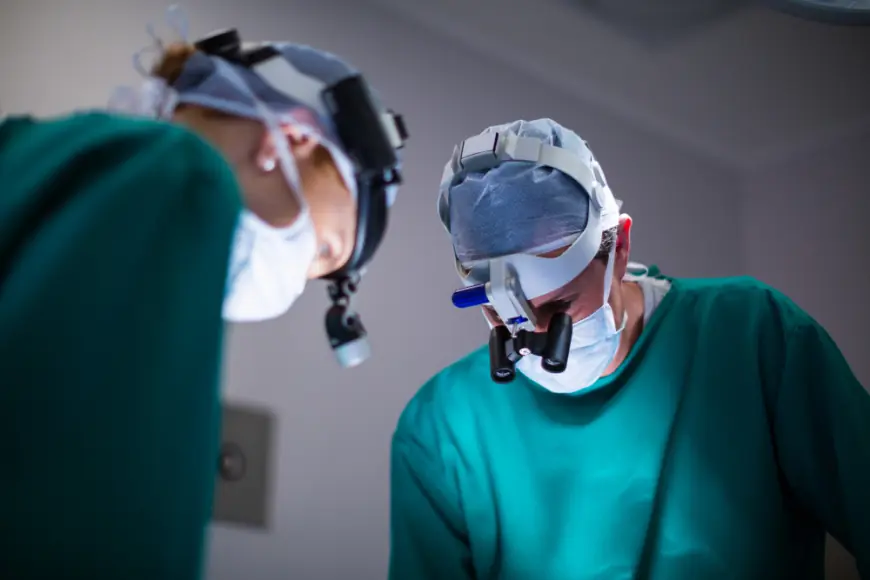8 Things To Ask Your Eye Surgeon Before Cataract Surgery
Below are some of the questions you should make sure to ask your eye doctor. We’ve also provided a quick overview of the usual answers for each one so that you have an idea of what to expect.

Preparing to get cataract surgery? This is a standard treatment for a very common eye problem. That being said, it doesn’t hurt to ask your doctor questions about it beforehand.
Below are some of the questions you should make sure to ask your eye doctor. We’ve also provided a quick overview of the usual answers for each one so that you have an idea of what to expect.
Is cataract surgery safe?
Cataract surgery is generally considered safe. The procedure tends to have a high success rate, to the point where over 95% of cases see zero complications.
There are still risks, of course, as is true of all surgeries. For instance, infection remains a possible risk of the procedure. This is why post-operative advice from surgeons will typically involve steps to minimise it and keep the surgical area clean.
H2: Is cataract surgery painful?
This is a common concern. Fortunately, most parents report little to no pain during the procedure. Most only experience very mild discomfort, at most.
Cataract surgery typically involves the use of local anaesthetics or numbing eye drops. This means you can stay conscious during the surgery without worrying about feeling pain.
It is possible to feel some irritation after the surgery. However, most patients report that this feeling goes away quickly.
Is your cataract surgery necessary?
Not all cataracts need surgery immediately. Many don’t even affect people’s vision in a noticeable way until much later in life.
If your cataract is already interfering significantly with your life, then your doctor will very likely advise you to get the surgery. For instance, if it’s begun to impede your vision enough that you may be more likely to get into accidents or injurious situations.
This is why people typically get cataract surgery once their cataracts start to hinder activities like driving or using the stairs.
How experienced should your surgeon be?
It’s always advised to ask how experienced the surgeon is at cataract surgeries. The more successful procedures he or she has performed, the better-equipped he or she is to handle cases.
Most people like to ask about how many surgeries the doctor has performed. Others ask for board certification. Still more ask for complication rates. It depends on you which of these you would like to focus on, but all are relevant to your chances of getting a good outcome.
H2: What does the actual procedure entail?
Cataract surgery is a short procedure that typically takes less than an hour. During the surgery, the cloudy part of your lens is removed and replaced with an artificial one, called an IOL or intraocular lens.
This may be done via either phacoemulsification or laser. In the former, a targeted ultrasound probe breaks up the cataract prior to extraction. In the latter, a laser performs that task.
What is the post-op process?
Following cataract surgery, some type of eyepatch or shield will usually be employed to protect the eye. You may also be given special eye drops with antibiotics that can reduce the odds of infection.
During this time, you will likely be advised to avoid exercise and similar activities. The same goes for things like rubbing the eye or the skin near it. Your doctor will also schedule follow-ups to check on your healing.
How long does recovery take?
Most cataract surgery patients start seeing the initial recovery and improvement of vision in just a few days. The full healing itself as well as stabilised vision tends to occur four to six weeks later, however.
How do you prepare for cataract surgery?
Your doctor will give you a list of things to do to prepare for the procedure. These may include stopping the use of some medications, getting a pre-op eye exam, and setting up your home for the recovery period in advance.
What's Your Reaction?
 Like
0
Like
0
 Dislike
0
Dislike
0
 Love
0
Love
0
 Funny
0
Funny
0
 Angry
0
Angry
0
 Sad
0
Sad
0
 Wow
0
Wow
0


















































